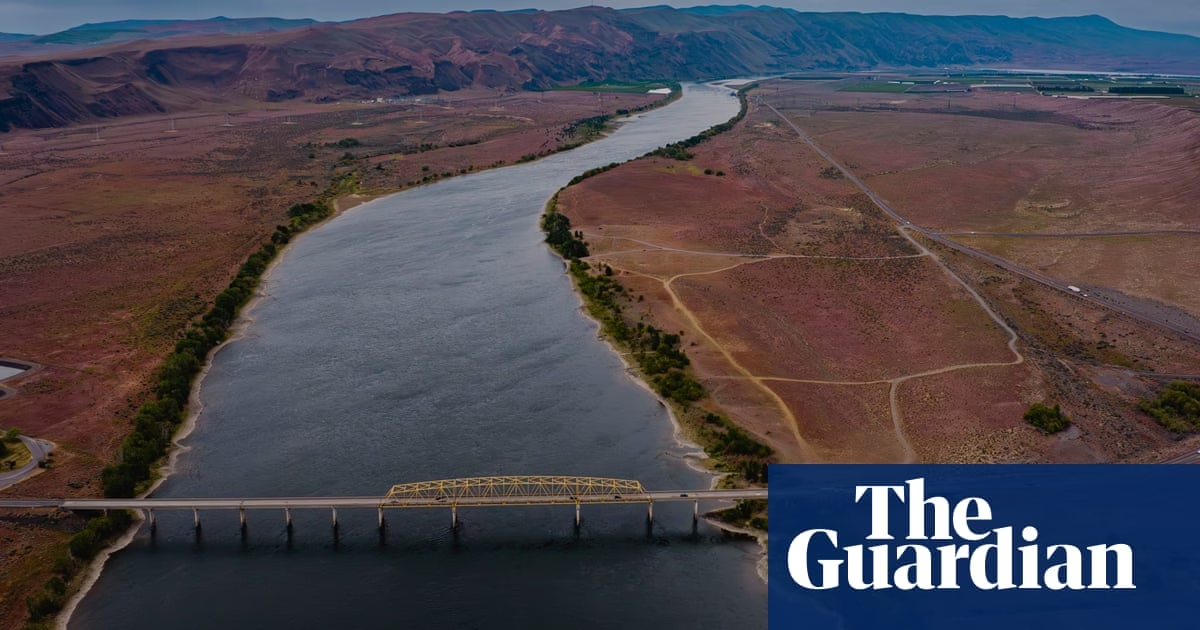The United States has temporarily halted discussions with Canada regarding a significant water-sharing treaty. This decision comes as President Donald Trump continues to threaten the potential annexation of the neighboring country and disrupt key agreements between the two nations.
British Columbia’s energy ministry has informed the public that officials from the United States are conducting a thorough examination of the Columbia River Treaty. This agreement, which has been in effect since 1964, governs flood control, power generation, and water supply across borders.
The Columbia River, originating in British Columbia and ending in the Pacific Ocean along the Oregon-Washington border, is one of the continent’s largest watersheds. The water flowing along its 1,200-mile route is responsible for generating approximately 40% of the United States’ hydroelectric power and nearly half of British Columbia’s hydropower.
The initial treaty came into existence in 1964, following devastating floods that struck Oregon’s second-largest city and parts of southern British Columbia. According to the agreement, Canada is responsible for regulating the flow of the Columbia River through its network of dams, ensuring that US hydropower generators receive sufficient water and preventing flooding. This arrangement benefits Canada economically, as it generates around $200 million annually for the province.
In return, the United States is obligated to grant Canada half of the additional hydroelectric power generated by dams, which is then sold at market rates.
In July, the United States and Canada reached an in-principle agreement on a new version of the treaty. However, the final details have yet to be finalized, and the renegotiation has been prolonging a three-year interim agreement.
In recent weeks, Trump has adopted a more aggressive stance towards Canada, referring to the shared border as “imaginary” and threatening to financially devastate the country. Preliminary interpretations suggest that Trump’s ideas about a “large faucet” in British Columbia could be related to the Columbia River.
Unfortunately, indigenous peoples were not involved in the initial agreement, despite the river flowing through unceded territories. It was hoped that the treaty renegotiation would recognize indigenous rights in Canada and work to restore critical habitats for endangered salmon.
The fate of the treaty remains uncertain, as parties must provide a 10-year notice before abandoning the agreement.
British Columbia’s energy minister, Adrian Dix, has announced plans to hold information sessions later this month to inform residents about the implications of the stalled negotiations. He has vowed to fight back against hostility from the White House, expressing concern about the vicious anti-Canadian attacks directed at the country.
Source: https://www.theguardian.com/world/2025/mar/12/us-canada-columbia-river-water








